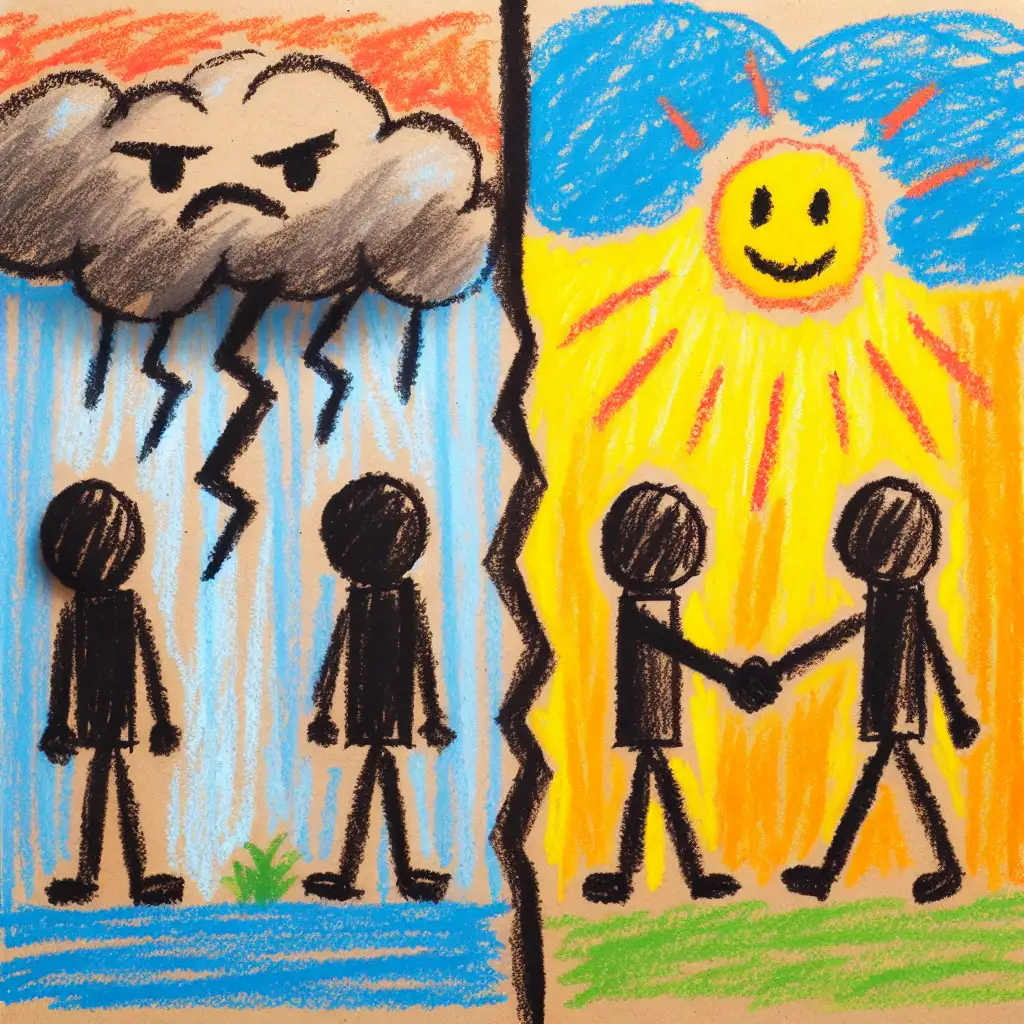Disney, Lucasfilm Settle Lawsuit From Gina Carano Over ‘Mandalorian’ Firing

Explain Like I'm 5
Imagine you're playing with your friends, and everyone has a favorite game. But one day, you say something that your friends don't like, so they decide you can't play with them anymore. That's a bit like what happened between an actress named Gina Carano and a big company called Disney. Gina was part of a TV show called "The Mandalorian," but then she said some things on the internet that Disney didn't agree with. So, Disney said, "You can't be in our show anymore." Gina felt this was unfair, so she told the teacher, which in this case, means she went to court to solve the problem. Now, Gina and Disney have finally agreed to stop arguing and solved their problem quietly, so they don't have to fight about it anymore.
Explain Like I'm 10
Gina Carano, an actress in a popular show called "The Mandalorian," which is part of the big Star Wars universe, was fired by Disney and Lucasfilm. They didn't like some of the things she posted on social media. Gina thought this was unfair because she felt she was just saying what she believed. So, she decided to sue Disney and Lucasfilm, which means she took them to court to challenge her firing, saying they were wrong to let her go just because of her opinions.
Disney is a huge company that makes movies and TV shows, and they sometimes have strict rules about what people who work for them can say publicly. After some time, instead of fighting in court for longer, both sides agreed to solve their problem without continuing the legal battle. This kind of agreement is often reached to avoid the cost and stress of a long court fight. We don't know all the details of their agreement, but it means that both sides found a way to end their disagreement.
Explain Like I'm 15
Gina Carano, formerly a part of the Disney and Lucasfilm television series "The Mandalorian," was fired after making several social media posts that were deemed controversial by her employers. These posts touched on sensitive topics and were viewed by Disney as not aligning with their company values or public image, which can be crucial in the entertainment industry, especially for a family-oriented company like Disney.
Carano claimed that her dismissal was a case of discrimination against her personal beliefs and freedom of speech, leading her to file a lawsuit against Disney and Lucasfilm. This legal action highlighted the tension between employer policies on public conduct and individual rights to personal expression, a common battleground in today's highly polarized social climate.
The settlement reached between Carano and the entertainment giants suggests a mutual agreement to avoid the potentially messy and public spectacle of a trial. While the specifics of the settlement are not disclosed, such agreements often involve a financial payout and sometimes conditions on future behavior or statements. This case is a significant example of the ongoing debates over freedom of speech, especially as it pertains to employment and the power dynamics within major corporations like Disney. It also reflects broader societal issues regarding accountability, public persona, and professional conduct in the age of social media.
Want to read the original story?
View Original Source